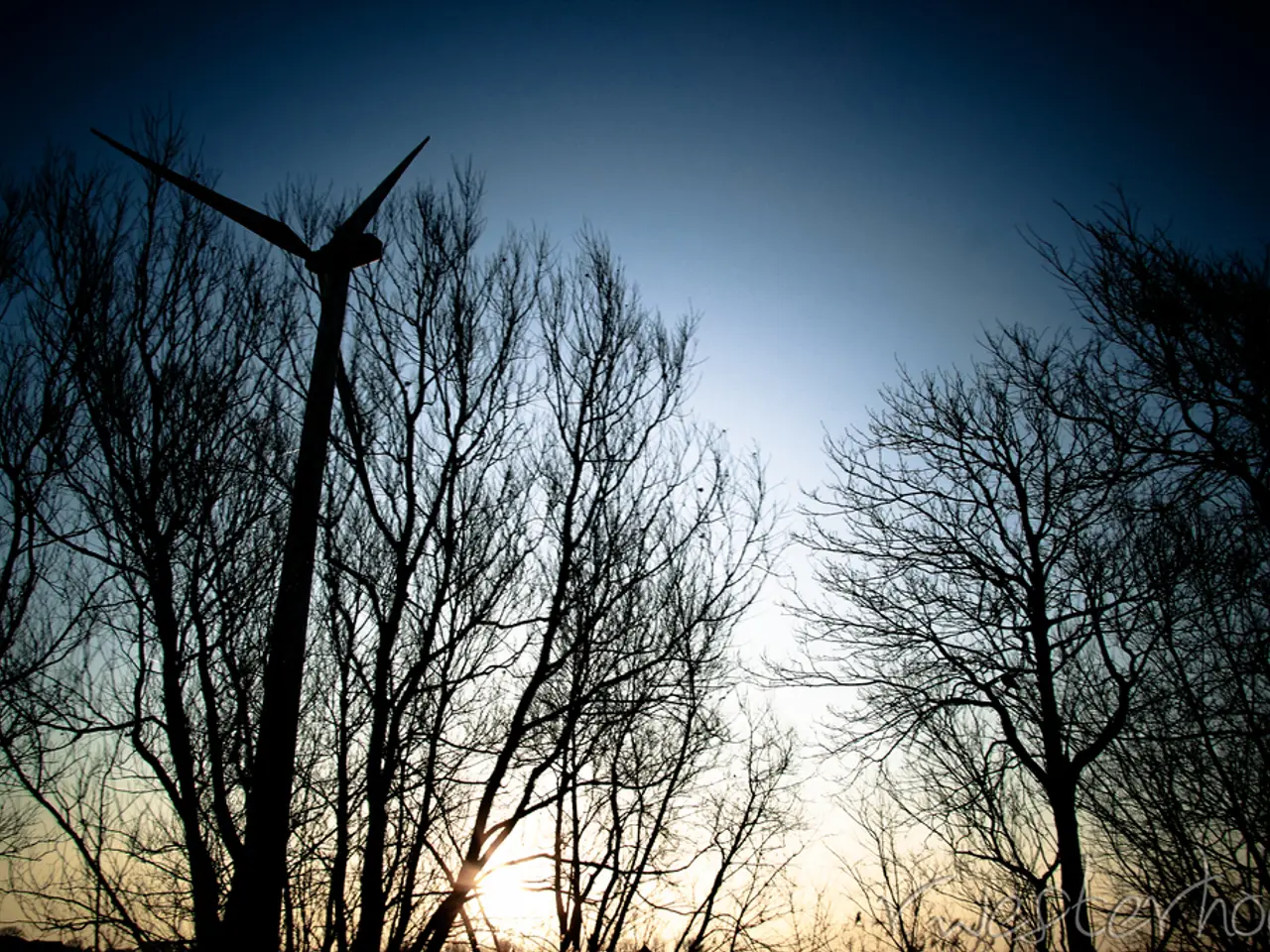Wind energy projects in the North Sea remain unsold
In a surprising turn of events, the latest offshore wind farm auction in Germany has failed for the first time, with no bids submitted for the two sites offered, N-10.1 and N-10.2, which had a combined capacity of 2.5 GW. This failure is largely attributed to the auction’s design, where it was a zero-subsidy tender, meaning developers had to build the projects without receiving any direct financial support or guaranteed subsidies.
The zero-subsidy approach increased financial risks for bidders, deterring participation. Additionally, rising costs, supply chain issues, and uncertainty around grid connection and permitting processes made the projects less financially viable. Industry groups like the BWO (Federal Association of Wind Energy) have been calling for fundamental reforms to make auctions more attractive and viable for developers.
Kerstin Andreae, chairwoman of the BDEW's main management, mentioned that developers of wind parks are facing increasing risks. She also highlighted that the planned high density of construction at sea reduces potential power generation. The Federal Network Agency, responsible for conducting the auction, did not receive any bids for these two offshore wind farms in the North Sea.
The electricity market is difficult to predict, as stated by Kerstin Andreae. The BWO has been warning for years that companies are being burdened with too many risks. The areas N-10.1 and N-10.2, which were not sold, are located next to each other in a central position in Germany's exclusive economic zone.
Federal Economics Minister Katharina Reiche (CDU) plans to examine the suitability of the areas for designation. Minister Reiche also suggests that auction conditions may need to be adjusted. The federal government's examination and potential adjustments aim to create a more conducive environment for future offshore wind farm auctions.
The Federal Association of Energy and Water Industry (BDEW) also stated that no bids were submitted for the first time. As the auction results are analysed and potential solutions are explored, the German government and industry groups will work together to ensure the success of future offshore wind farm auctions and the continued growth of renewable energy in the country.
- The failure of the recent offshore wind farm auction in Germany, as a result of the zero-subsidy tender, has increased concerns about the financial risks in the renewable-energy industry and the business of energy.
- As the electricity market is difficult to predict and developers are facing increasing risks, the BWO and BDEW have been advocating for fundamental reforms in the auction design to make it more attractive and viable for renewable-energy developers.
- The German government, in response to the failed auction, plans to examine the suitability of the areas for designation and consider adjusting auction conditions, aiming to create a more conducive environment for future offshore wind farm auctions and the growth of the renewable-energy industry.




